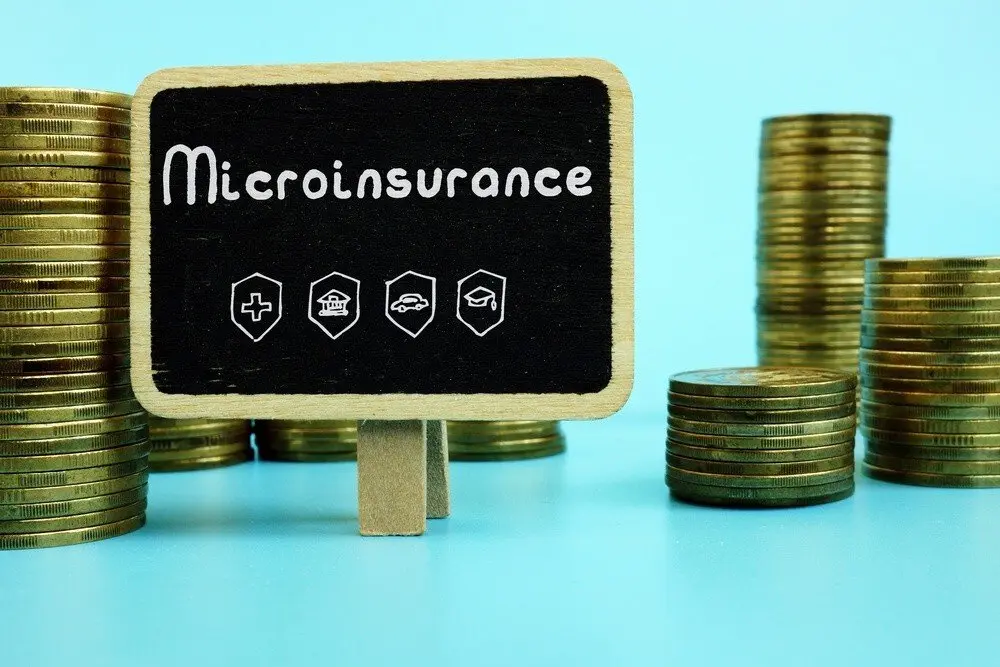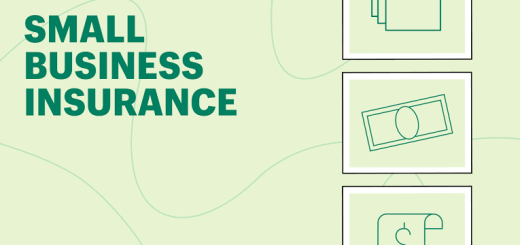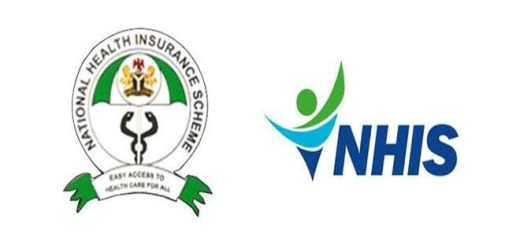Microinsurance Scheme in Nigeria: What it Entails
A lot of people have been asking about what microinsurance scheme in Nigeria is. Let’s clear the air here.
Microinsurance is a type of insurance that provides protection to low-income populations in developing countries. It is designed to be affordable, accessible and provide coverage for basic risks that these groups face.
In Nigeria, microinsurance has emerged as an important tool for financial inclusion and social protection of the poor.
WHAT YOU SHOULD KNOW ABOUT MICROINSURANCE SCHEMES IN NIGERIA
The microinsurance sector in Nigeria is still at a nascent stage but holds huge potential.
According to the National Insurance Commission (NAICOM), Nigeria has over 40 microinsurance companies providing various products mainly in the life insurance sector.
The microinsurance products are targeted at the bottom of the pyramid who work in the informal sector with irregular income flows.
Some of the key features of microinsurance schemes in Nigeria include:
- Low premiums: Premiums are kept low, usually less than 1 USD per month, to make it affordable for low-income populations. The premium is based on the likelihood and cost of the risk involved.
- Simple products: The product designs are simple and easy to understand with limited exclusions. Some common products include life, accident and health insurance covers.
- Short-term coverage: Most microinsurance policies provide short-term coverage ranging from a few months to a year. This provides flexibility to the policyholders.
- Small sums insured: The maximum amount insured is also small, usually less than 500 USD, in line with income levels at the bottom of the pyramid. This helps to keep premiums low.
- Easy access: Microinsurance leverages community groups, microfinance institutions and other non-traditional channels to ensure last-mile access. No extensive paperwork is required to purchase policies.
- Prompt claims settlement: There is a focus on simple documentation and fast claims processing to provide timely support to policyholders when contingencies arise.
- Target market: The target market is people in the informal economy and rural areas like small farmers, micro entrepreneurs, daily wage earners who have limited or no social security coverage.
BENEFITS OF MICROINSURANCE SCHEMES IN NIGERIA
The microinsurance value proposition offers specific benefits tailored to the low-income market:
- Financial protection: Microinsurance cushions the economic shock for families when the breadwinner falls sick, dies or disasters destroy property. It prevents distress sale of assets and deeper descent into poverty.
- Peace of mind: The availability of insurance coverage gives comfort and confidence to focus on livelihood activities rather than worry about adverse events. This supports productivity.
- Credit eligibility: Formal insurance coverage enhances eligibility to avail credit facilities for income generation activities. This spurs the uptake of microcredit.
- Savings substitute: Microinsurance acts as a savings substitute for those who have limited means to spare money for the future. The insured benefit creates a security fallback.
In Nigeria, microinsurance has tremendous potential owing to a huge target base of over 80 million people who work in the informal economy. However, uptake has been limited due to lack of awareness, unsuitable products, inefficient distribution and trust issues around insurance.
To promote the growth of microinsurance, concerted efforts are required from various stakeholders:
- Government: Create enabling policies, incentives for providers, generate awareness
- Private sector: Innovate on appropriate, needs-based and low-cost products
- NGOs/Communities: Aggregate demand, facilitate access and service delivery
- Technology: Develop digital platforms and solutions to improve efficiency and transparency
The microinsurance model is still evolving in Nigeria. With supportive interventions, it can enormously benefit low-income populations by managing their income risks in a cost-effective manner. This would further the national agenda for financial inclusion and resilience.
Going forward, microinsurance offers immense possibilities to bridge the protection gaps for informal workers in developing economies like Nigeria.
With the right collaborations, it can enhance social safety and inspire confidence in over 80 million Nigerians to climb the economic ladder.
PROS AND CONS OF MICROINSURANCE SCHEMES IN NIGERIA
Microinsurance provides affordable insurance coverage on small premiums to safeguard Nigerians employed in the informal sector. Pick coverage for:
- Life insurance
- Accident covers
- Health/hospitalization
- Property Insurance
KEY BENEFITS:
- Get protection for your family from as low as 500 Naira per annum
- Covers major risks – death, accidents, health emergencies
- Flexible plans from 1 month to 1 year
- Simple claim process, rapid payouts
- Cashless payments, accessible via mobile phones
With microinsurance, gain peace of mind knowing that your family is protected financially even when you are not around. Invest a small premium today to avoid out-of-pocket expenses running into lakhs in case tragedy strikes.
However, microinsurance has some limitations:
- Max coverage up to 2 million Naira, so may not adequately cover large losses
- Pre-existing health conditions usually excluded
- Insurer may not pay out claims saying incident is not covered
- Rural and lower income groups still lack enough awareness about microinsurance
While microinsurance cannot offer comprehensive protection like regular insurance, it allows Nigeria’s low-income population to get started with basic covers at a nominal cost.
FINAL THOUGHTS
Can microinsurance make a big difference for low-income families in Nigeria? Yes, it most certainly can.
Microinsurance provides small, affordable policies to farmers, laborers, market women and the like. For just a little money per month, it protects people when bad things happen. Getting sick, accidents or even death of a family member can destroy the savings of a poor household. But microinsurance gives payouts quickly so they survive these crises. People need not fear trying some small business also if they have coverage.
So this is a very good thing for financially weaker sections in Nigeria who live with risk daily.
However, many people are still unaware or doubtful if microinsurance works.
Also insurance companies must make the paperwork and payment simple for the poorer, less educated clients.
With more effort, microinsurance can cover many more millions of Nigerians working to make ends meet. It is an important tool for helping them feel secure and move forward. The government, companies and NGOs must come together to improve such schemes across the nation.



